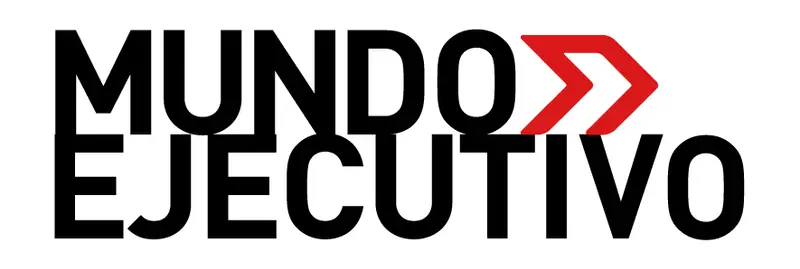Introduction to the Healthcare Dilemma
In the rapidly evolving landscape of the health insurance industry, recent discussions have surfaced regarding certain practices that appear to have spiraled beyond acceptable boundaries. Analysts from Wall Street have voiced their concerns, suggesting that some trends in the industry may be detrimental not only to providers but also to the consumers they serve.
Rising Concerns from Analysts
The core of the issue lies in the escalating costs and the complexities of obtaining necessary medical authorizations. For many insured individuals, navigating the maze of approvals can feel overwhelming. A significant factor contributing to this frustration is the process known as prior authorization, which has been labeled by analysts as potentially excessive.
The Impact on Patients
Patients often find themselves waiting for approvals for essential procedures or medications, leading to delays in care. These waiting periods may trigger anxiety and exacerbate existing health conditions. The broader implication extends to overall health outcomes, with access to timely care being a cornerstone to effective treatment.
Insurers’ Justifications and the Need for Regulation
In defense, health insurance companies argue that the process of prior authorization is essential to manage costs and ensure that treatments are medically necessary. However, the debate arises when the process appears more bureaucratic than beneficial to patient care. Analysts are calling for a reevaluation of these practices, advocating for a more patient-centered approach that balances the needs of the insurance companies and their clients.
Voices from the Frontlines
Healthcare professionals and advocacy groups are not silent on this issue. Many are rallying for reforms that prioritizes patients’ rights and health. They argue that complex regulations must not hinder the delivery of care. Public awareness and advocacy are essential in promoting necessary changes within the industry.
Looking Ahead: Transparency and Accountability
As discussions gain momentum, it becomes imperative for health insurers to foster transparency and accountability. The integration of technology could streamline processes, making healthcare access smoother for patients. Establishing clear guidelines regarding prior authorization may enhance trust between providers, payers, and consumers.
Conclusion
In this critical moment for the healthcare sector, grappling with the implications of these practices is essential. The collective push for reform is driven by the desire for a more equitable health system. Stakeholders must collaboratively work toward solutions that enhance the quality of care while maintaining responsible fiscal practices.

